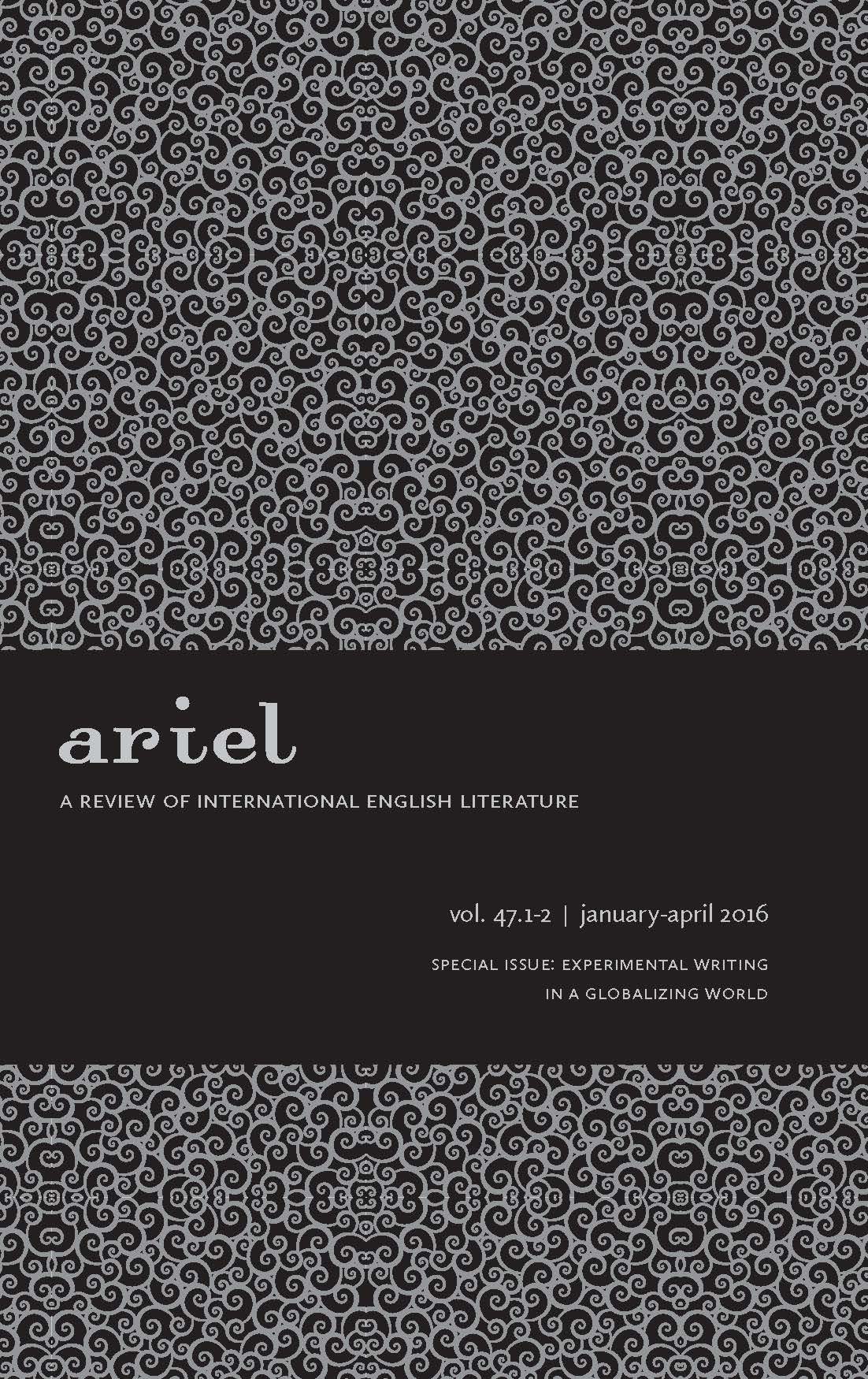Experimental Writing and Reading across Borders in Decolonizing Contexts
Keywords:
Decolonizing imaginaries, cognitive justice, literary experimentation, scalability, epistemic bordersAbstract
Reading across epistemic borders in a globalizing world requires a revised understanding of how experimentation functions in decolonizing contexts, intervening to trouble the prevailing paradigms through which readers understand how meanings are made. Experimental fictions free the imagination to envision cognitive and social justice, which take different forms within different settings. Through examining several texts written out of contexts of incomplete decolonization and ongoing imperialism in Canada, Australia, and the Caribbean, the paper shows how their various innovations navigate the problems of scale, generating new forms through which to represent cognitive justice in its many different potential manifestations, revealing the vitality of nonscalable worlds, and the links between the scalable and the nonscalable. Wilson Harris’s music of living landscapes is set in dialogue with Alexis Wright’s fictions; Patrick White’s artist as vivisector with Christian Bök’s “Xenotext Experiment”; Dionne Brand’s quest for a cognitive schema beyond captivity with Wright’s and Tomson Highway’s turns to the nonscalable space/time imaginaries of their people; and Shani Mootoo’s small island world with Jamaica Kincaid’s A Small Place.


